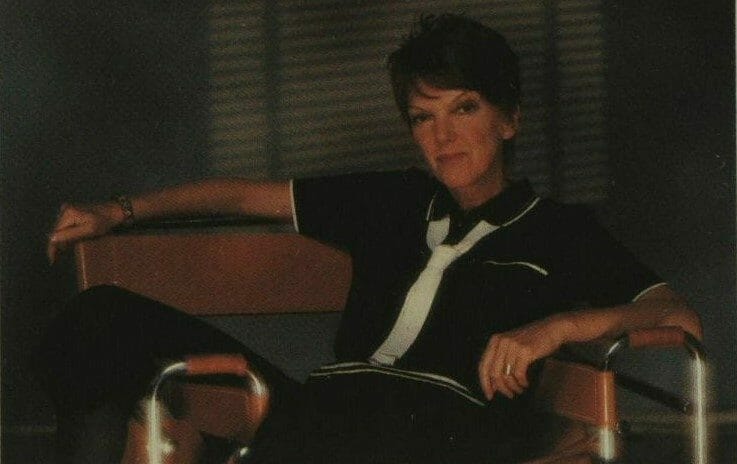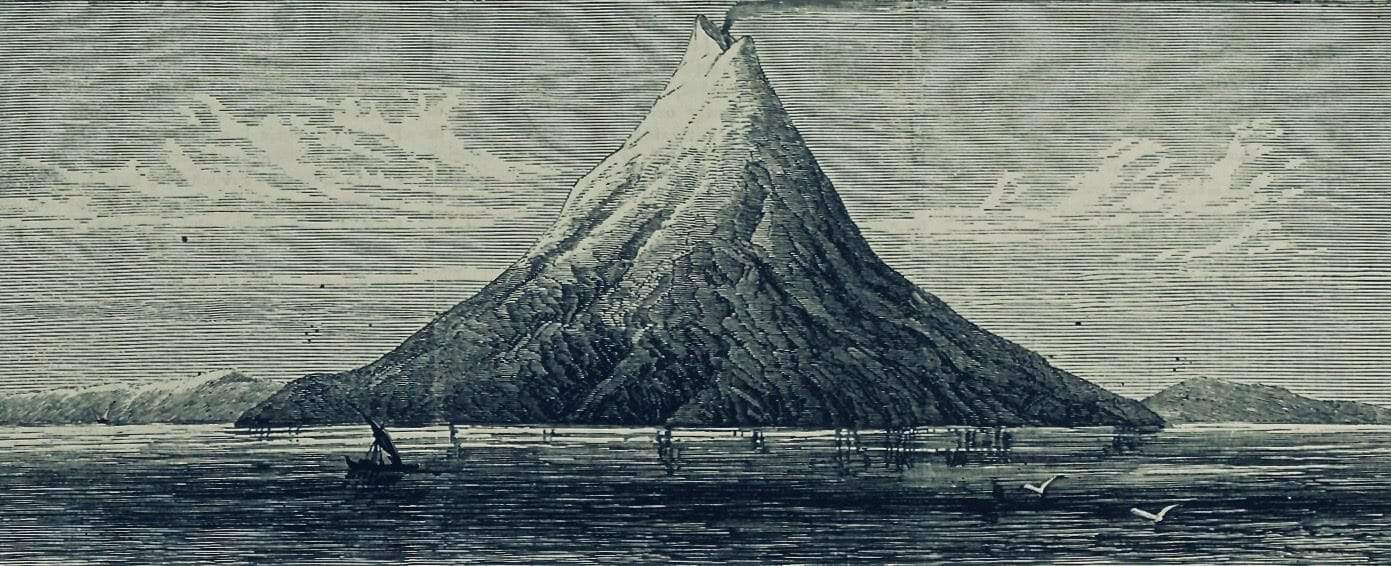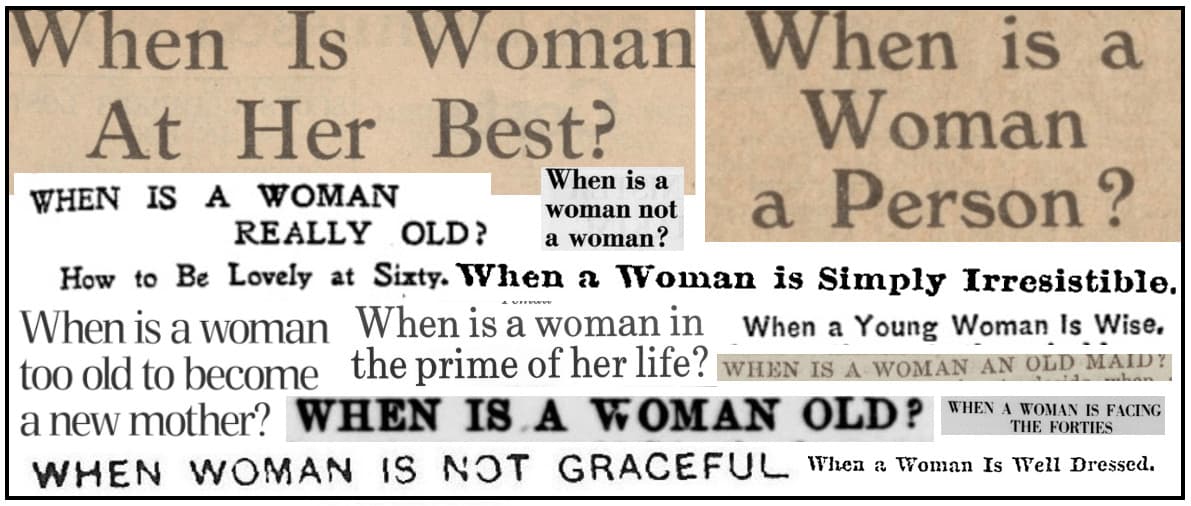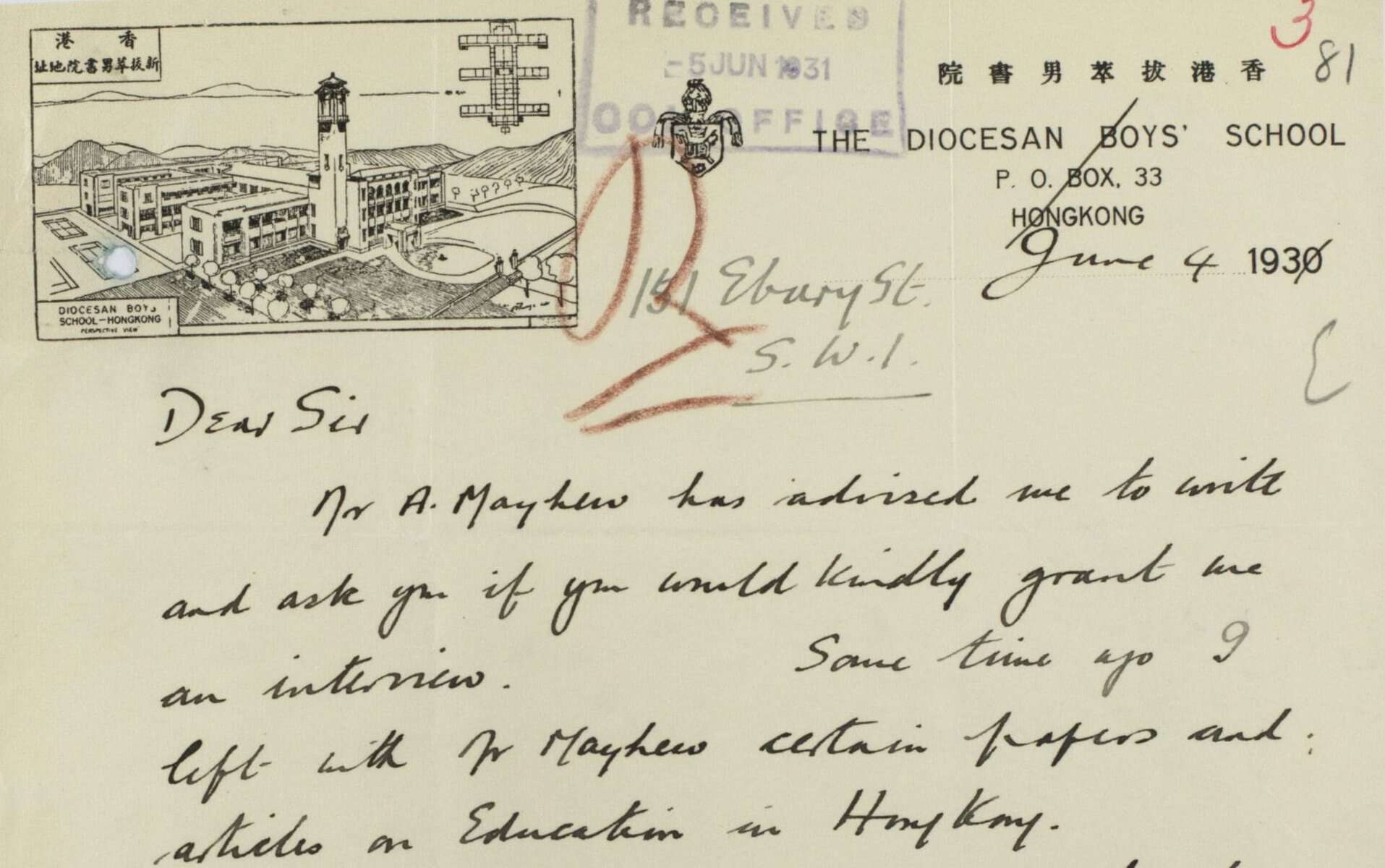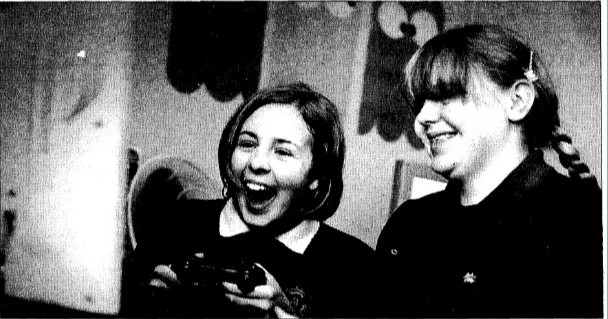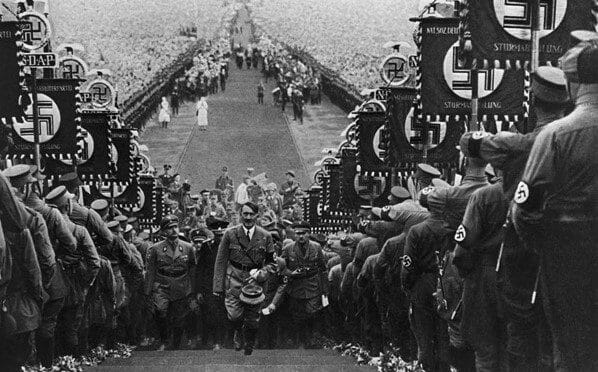In this blog post, PhD student Meg Ison explains what she teaches and how she introduces students to primary source research skills at the University of Portsmouth. She also explores the new module of Women’s Studies Archive, Voice and Vision, and the fascinating insight it can give students into women’s involvement and influence in colonialism.
Gale News and Teams
Liberating, Stultifying or Provocative: Mary Quant’s Miniskirt
│By Eloise Sinclair, Gale Ambassador at the University of Durham│
Mary Quant’s miniskirt of 1966 not only transformed the look of London’s youth but, according to Jonathan Aitken in a 1967 article in The Sunday Telegraph, inspired the “swinging revolution, the sexual revolution, the restaurant and night-club revolution”. The newspaper archives in Gale Primary Sources are particularly valuable for assessing the effect of Quant’s designs on the fashion industry and British culture, revealing the range of contemporary responses and reactions to this iconic item of clothing.
The Wrath of Mountains: Explaining Volcanic Eruptions from the Late Eighteenth Century to the Modern Day
│By Amelie Bonney, Gale Ambassador at the University of Oxford│
On December 9, 2019, the deadly volcanic eruption of Mount Whakaari in New Zealand sparked new discussions over risk assessment in volcanic regions. While sudden volcanic eruptions make it difficult for scientists to assess risks in such areas, the belief that eruptions can be predicted thanks to science also leads to increasingly hazardous activities such as tourism in dangerous volcanic regions. How and why have humans become so intrepid when it comes to volcanoes?
The Gale Primary Sources archives provide not only newspaper articles but also a range of valuable monographs and visual sources, ranging from drawings to photographs, which allow us to investigate how our understanding and perception of volcanic eruptions has changed over the last few centuries. The sources demonstrate that the scientific community’s investigations led to the emergence of new understandings of dangerous volcanic eruptions from the late eighteenth century onwards. Paradoxically, scientific explanations of volcanic eruptions created a heightened sense of danger but also led to an increase in risk-taking behaviour.
Are We Obsessed with Serial Killers?
│By Chloe Villalon, Gale Ambassador at the National University of Ireland Galway│
In the last decade, television series such as Dexter, Mindhunter and Bates Motel have encountered overwhelming success. Based on true events or completely fictional, the narratives are told from the investigators’ or killer’s perspective. The public is not only interested in the gory, bloody aspect of serial killing cases but the science behind understanding and catching serial killers. Many such programmes try to answer the key question: Why do serial killers kill? Using Gale Primary Sources and its many research tools, I will use this blog post to explore the topic of serial killers, considering questions such as: where does the term “serial killer” come from and what does it mean? And what is the role of the media in serial killing cases?
How Gale Primary Sources Helped Me with My Dissertation – and Can Help You Too!
│By Lily Deans, Gale Ambassador at the University of Birmingham│
Writing a dissertation is undoubtedly daunting, no matter how competent or confident you may feel by the time you proudly hand in the 12,000-word masterpiece! Just like writing a good essay, it is not just your own opinion that gets you the marks, but the opinions of others – and the way you use these opinions to either substantiate or contradict what you have said. So, naturally, the wider, more varied and unique the sources are that you use, the better awareness you will show of the existing discourse, and thus the more convincing your argument will be. “Ah yes,” I hear you say, “but where can I find these unique sources?” Well, with Gale Primary Sources, of course! This blog will show briefly the quantity and variety of sources I have found in Gale’s archives as I have been researching and writing my dissertation.
Heroic Hedgehogs – The Hedgehog in Popular Culture
│by Constance Lam, Gale Ambassador at the University of Durham University│
The twenty first century marks the return of the hedgehog: from the recent February 14th release of Sonic the Hedgehog, to the rise of hedgehog cafés throughout Japan and Hong Kong, it seems hedgehogs are resurfacing in popular culture.
“When is a Woman…?” Exploring Cultural Expectations of Women Advocated in Historical Newspapers
│by Lotta Vuorio, Gale Ambassador at the University of Helsinki│
When I was preparing to deliver my first presentation as a Gale Ambassador, I ran into an interesting article called “When Woman is Not Graceful” in Gale’s Nineteenth Century Collections Online. The article was published in a newspaper called The Christian Recorder in 1895, and it portrays some of the “conditions under which she (a woman) manages to look absurd” – at least in the opinion of the anonymous writer. The article appears as an opinion piece by Graphic London and it expresses outspokenly all the descriptions connected to the stereotype of women who move clumsily. It says, “Few women can enter a carriage, mount the steps of a coach or hurry into a hansom gracefully, while the spectacle of a woman getting into a boat is far from pleasing”. The vast petticoats common in the nineteenth century and their effects on the ability of women to move are mentioned and criticised, and the writer finishes his piece by indicating the true form of grace: “A woman is only really graceful when she is at rest, lolling in a carriage or sitting in a drawing room or else dancing, when she has the genius for it.” I wanted to find this article again and began searching the Gale Primary Sources database. In doing so I came across many more newspaper articles with a heading that begins “When is a Woman…”. As I browsed through them I became intrigued, curious about the way articles in different newspapers described what was acceptable and admired in the appearance and behaviour of women. Below are some of the most fascinating examples I found.
Discover the History of British Hong Kong Through Handwritten Documents – Now Available in “Easy Mode”!
│By Pauli Kettunen, Gale Ambassador at the University of Helsinki│
One of the best aspects of Gale Primary Sources is the ability to search all the text in the archives. This is made possible by Optical Character Recognition (OCR). With this technology, any text visible in the scans (effectively photos of the primary sources) is transformed into script which can be read by a search engine, allowing the user to find relevant content much more easily. Until recently OCR has only been an option with printed texts, which has left handwritten records far less accessible in text-based searches. This can be a serious hindrance in trying to find relevant sources, as I will showcase. In addition, deciphering handwriting which dates back over a hundred years is often a significant hurdle for anyone without much experience in palaeography; even if you find the documents relevant to your project, comprehending them is another matter.
In other words, the experience of many students deciphering historical handwritten documents today feels like playing a video game in “hard mode”, something that you cannot do unless you are prepared for a lot of frustration! Fortunately, as OCR technology has developed, Gale now provides an “easy mode” for handwritten primary sources! Like a supportive character in a video game, the Handwritten Text Recognition (HTR) will help you on your quest to discover the secrets of fascinating old documents.
Exploring the Potential of Video Games as Learning Tools Using Gale Primary Sources
│By Evelyn Moran, Gale Ambassador at the National University of Ireland Galway│
Video games are a popular mode of entertainment in many households. From mobile apps to big blockbuster computer games, to smaller games made with shoestring budgets, the choices are varied and exhaustive. That said, video games in general have a somewhat negative reputation. As a student, I was curious to discover if my favourite games could have a positive effect on my education. I decided to turn to Gale Primary Sources to investigate. Using Gale’s “Advanced search” tool, I was able to search their database for both “video games” and “education”. Here is what I found.
From Political Violence to Political Power – Examining Newspaper Reports on Political Violence Around the World
│By Pollie Walker, Gale Ambassador at the University of Liverpool |
Students at the University of Liverpool are able to efficiently and easily research and evaluate primary source documents using Gale Primary Sources. I am studying International Politics and am currently studying a module on political violence. Reaching Gale Primary Sources via the Liverpool University library page, I was able to examine a vast wealth of information on political violence. In this blog post I’m going to explore some instances of political violence around the world, and how the individuals involved sometimes ended up in politically powerful positions. Any student can use the Gale resources available at their institution to undertake research; the use of original, primary source documents is often the key to reaching the highest grades.


